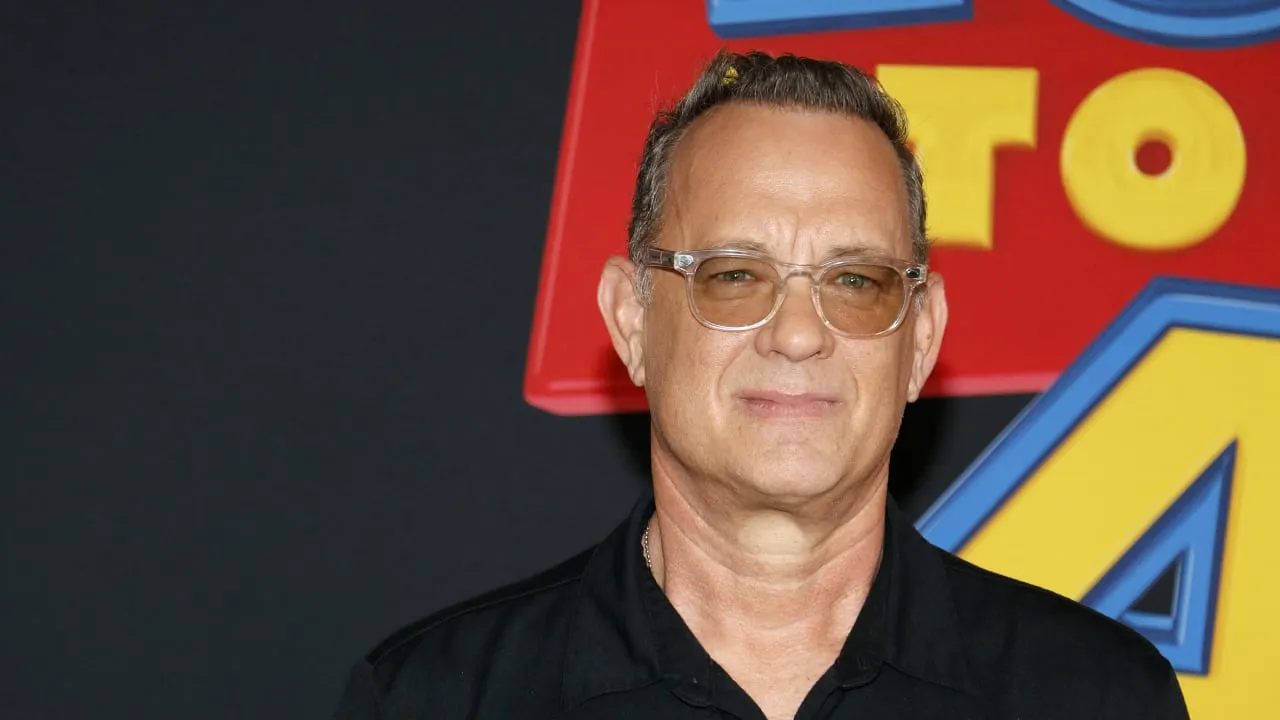Tom Hanks believes his career as an actor could endure even if he were to be "hit by a bus."
This is thanks in part to recent developments in AI and his digital appearance in The Polar Express.
“I could be hit by a bus tomorrow and that's it, but my performances can go on and on and on and on and on,” said Hanks on the Adam Buxton podcast.
The Academy Award-winning actor and director was an early adopter of motion-capture technology, appearing as a digital character in the 2004 animated film The Polar Express. Hanks explained how that was “the first time we did a movie that had a huge amount of our own data locked in a computer—literally what we looked like.”
He revealed that performers and their agents are now scrambling amid the rise of AI to secure rights over their digital representations.
“We saw this coming, we saw that there was going to be this ability to take zeros and ones from inside a computer and turn it into a face and a character,” he said. “That has only grown a billionfold since then and we see it everywhere.”
The technology has already been employed several times to continue the cinematic lives of performers who have passed away.
One such instance was the 2015 blockbuster, "Star Wars: The Force Awakens," where a digital echo of the late actress Carrie Fisher was crafted to complete her scenes posthumously. More recently, the 2021 documentary "Roadrunner: A Film About Anthony Bourdain" stirred controversy when it utilized AI to create a deep fake of the voice of the beloved chef and travel host.
“If I wanted to, I could get together and pitch a series of seven movies that would star me in them in which I would be 32-years old from now until kingdom come,” said Hanks. “Anybody can now recreate themselves at any age they are by way of AI or deep fake technology.”
Entertainment industry takes on AI
The potential for AI to replace human performers and writers has become a growing concern, a sentiment underscored by the ongoing Writers Guild of America (WGA) strike.
“I can tell you that there [are] discussions going on in all of the guilds, all of the agencies, and all of the legal firms in order to come up with the legal ramifications of my face and my voice and everybody else’s being our intellectual property,” said Hanks.
The WGA, cognizant of this looming threat, has even included a proposal in its negotiations with the Alliance of Motion Picture and Television Producers (AMPTP) to prohibit the use of AI for writing or rewriting literary material, serving as source material, or training AI.
In a show of support this week, Hanks joined with the striking writers, stating that society was “at an evolutionary crossroads.”
Hanks likens the advent of AI in film to the invention of the Gutenberg printing press. “This is a super attenuated version of that printing press.”
Although current techniques often involve the juxtaposition of existing footage and digitally created elements, emerging AI tools could generate more dynamic and realistic scenes. Through deep learning algorithms that can analyze vast amounts of data, AI might soon be capable of synthesizing entirely novel performances based on an actor's past work.
6. Training an AI program on an older hits TV series, and creating an additional season. FAMILY TIES, for example, has 167 episodes. An AI program could easily be trained on this, and create an eighth season. We only shot seven. 9/
— Justine Bateman (@JustineBateman) May 13, 2023
Hanks conceded that an AI-generated version of himself would not possess his artistic values and might appear in films he would not personally endorse.
“Without a doubt, people will be able to tell, but the question is will they care?” he said.

